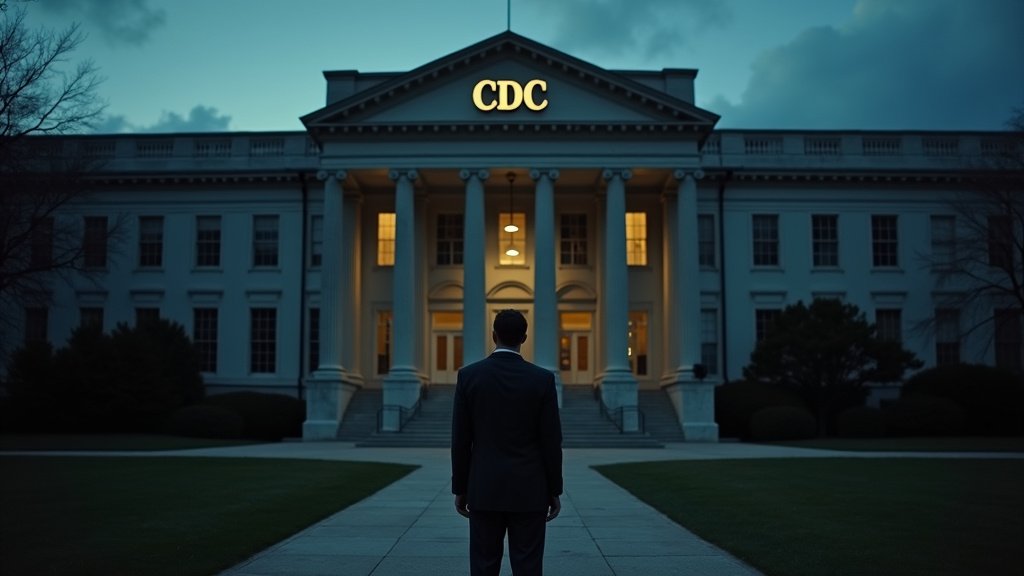Washington D.C. – June 9, 2025 – In a dramatic move impacting U.S. public health infrastructure, U.S. Health Secretary Robert F. Kennedy Jr. on Monday removed all 17 members of the Advisory Committee on Immunization Practices (ACIP). ACIP is a critical scientific body that provides advice to the Centers for Disease Control and Prevention (CDC) regarding vaccine use in the United States.
Kennedy, known previously for his activism critical of vaccines, stated the decision was necessary to rebuild public confidence in vaccine science. He cited concerns over conflicts of interest among the committee members as a primary justification for the mass ouster.
Widespread Condemnation from Medical and Public Health Leaders
The abrupt dismissal has drawn sharp criticism from major physicians and public health organizations across the nation. Leaders of prominent groups, including the American Public Health Association (APHA) and the American Medical Association (AMA), voiced strong opposition to the action.
Dr. Georges Benjamin, the executive director of the American Public Health Association, condemned the move in stark terms, calling it “a coup.” Dr. Benjamin further stated that the action “was not good for the health of the nation,” highlighting concerns about the potential disruption to established public health processes and expertise.
The President of the American Medical Association, Dr. Bruce A. Scott, also weighed in, asserting that the sudden removal of the entire panel “undermines trust and a transparent process.” The AMA emphasized the importance of stable, expert guidance rooted in scientific evidence for informing vaccine policies.
Committee’s Role and Political Context
The Advisory Committee on Immunization Practices plays a vital role in U.S. public health. Its recommendations inform official vaccine schedules, guidelines for vaccine administration, and strategies for controlling vaccine-preventable diseases. The committee is typically composed of medical and public health experts specializing in immunology, infectious diseases, pediatrics, and other relevant fields.
The removed committee members were all individuals who had been appointed during the previous Biden administration. While advisory committees often see changes in membership with new administrations, the wholesale dismissal of an entire standing expert body is highly unusual and has intensified concerns among critics about the motivations behind the decision.
Future of ACIP and Vaccine Guidance
Secretary Kennedy has not yet publicly named the individuals who will replace the 17 removed members. However, he announced that the reconstituted panel is expected to convene in Atlanta in two weeks. The swift timeline for the next meeting suggests an intent to quickly re-establish the advisory function, though questions remain about the selection process and the composition of the new committee.
The future guidance on vaccine policy from ACIP under new leadership will be closely watched by public health professionals, healthcare providers, and the public. The integrity and perceived independence of the committee are considered crucial for maintaining public trust in vaccine recommendations, which are fundamental to controlling infectious diseases and protecting community health.
Experts warn that undermining the scientific advisory process could have long-term implications for vaccine uptake and public health outcomes. The sudden dismissal of the panel represents a significant disruption to the established mechanisms by which the U.S. government develops and communicates its vaccine recommendations, potentially impacting efforts to combat current and future health threats.












